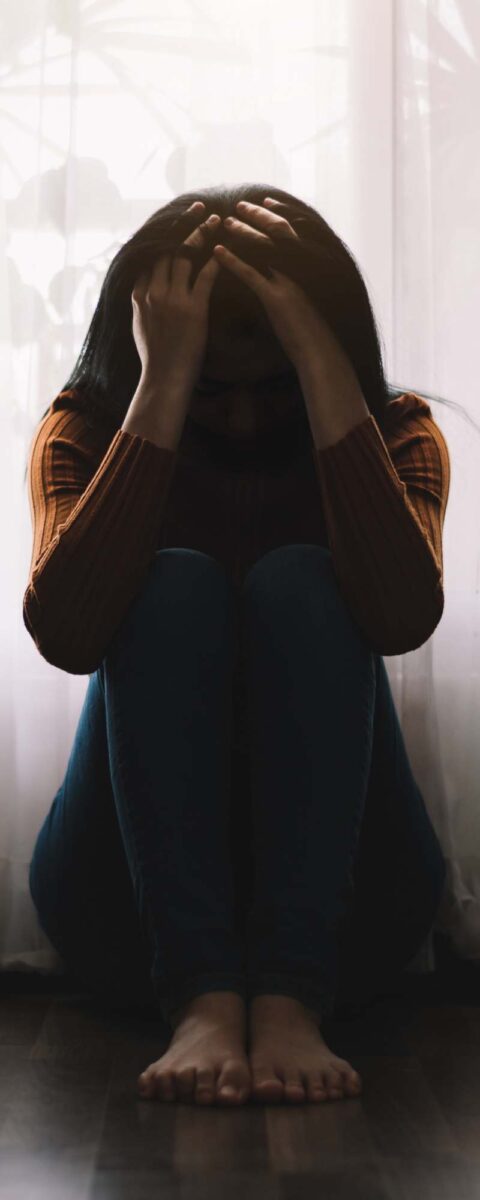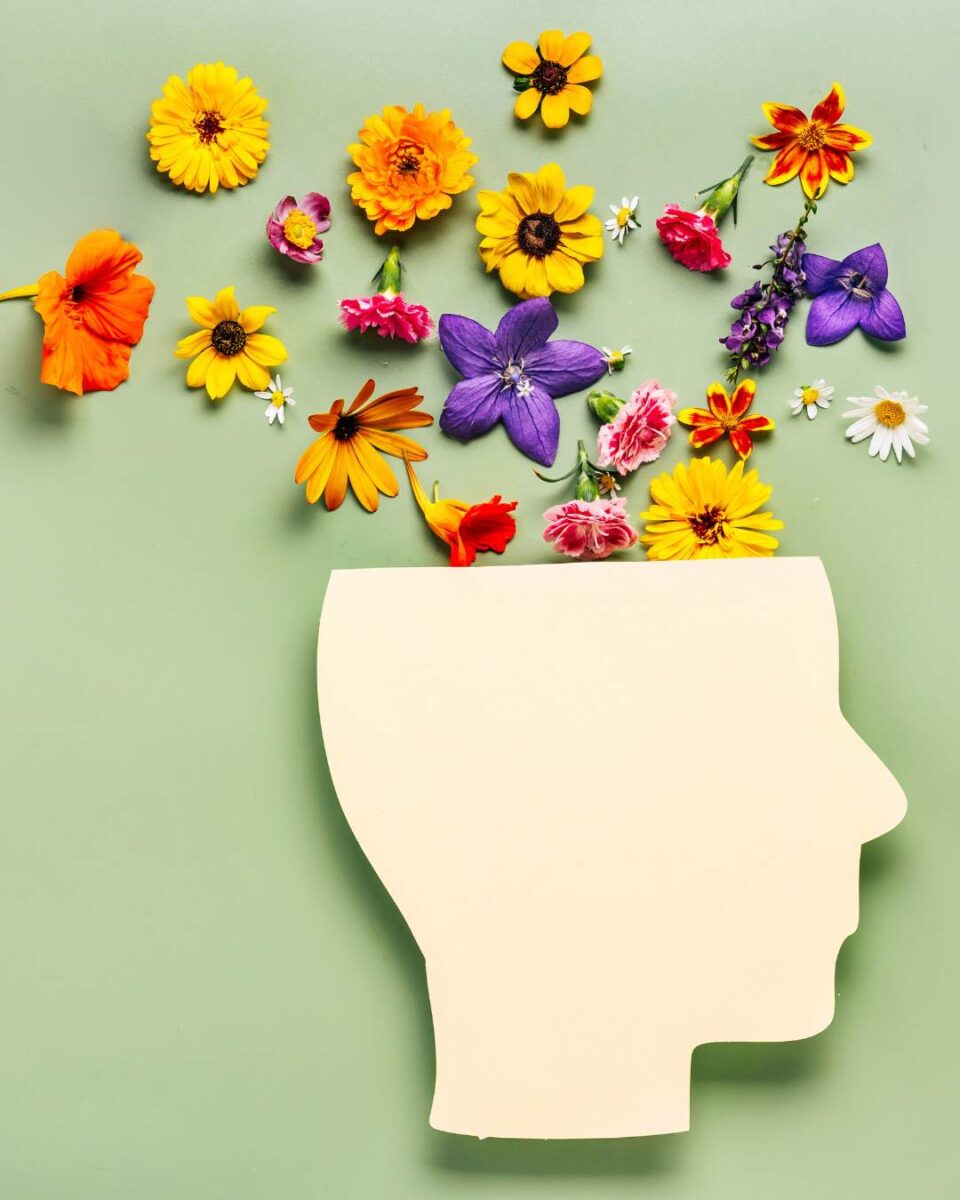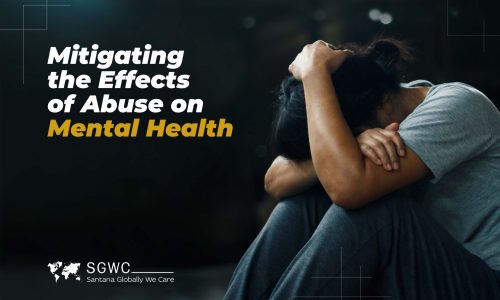Domestic violence leaves scars that are not only visible; many of the deepest wounds affect the mental health of those who experience it. People exposed to abuse—whether physical, emotional, sexual, or economic—often face psychological consequences that may follow them throughout their lives. Understanding the connection between domestic violence and mental health disorders is crucial for developing solutions that promote healing and well-being.

The Impact of Domestic Violence on Mental Health
Domestic abuse creates an environment of constant fear and emotional exhaustion, leading to various mental health challenges, including:
- Post-Traumatic Stress Disorder (PTSD): Victims may relive traumatic events, suffer from nightmares, and develop hypervigilance.
- Depression: Ongoing abuse often results in deep sadness, hopelessness, and low self-esteem.
- Anxiety: Living in an unpredictable environment can cause extreme worry and fear.
- Sleep Disorders: Insomnia or recurring nightmares make it difficult to cope with daily life.
- Substance Abuse: Many victims resort to drugs or alcohol as a way to escape emotionally.
Breaking the Cycle: Resources for Recovery
Overcoming the aftermath of domestic abuse requires emotional, therapeutic, and community support. Here are key resources to help individuals affected by abuse:
1. Professional Psychological Support
Individual or group therapy with trauma specialists is essential for healing. Cognitive Behavioral Therapy (CBT) and Eye Movement Desensitization and Reprocessing (EMDR) have proven effective for PTSD cases.
2. Hotlines and Shelters
Immediate access to help is vital. Many countries offer 24/7 helplines that provide guidance and safe shelters for individuals escaping abusive environments.
3. Support Groups
Joining support groups with people who have experienced similar situations fosters a sense of belonging, builds hope, and helps rebuild self-esteem.
4. Education and Community Resources
Raising awareness about mental health and domestic violence reduces stigma and helps individuals connect with available resources. Community organizations play a vital role in bridging these connections.

Mental Health Must Be a Priority
Escaping domestic violence involves both physical and emotional recovery. Mental healing takes time, support, and access to appropriate resources. Promoting mental well-being is essential not only for victims but also for their families, as children exposed to abuse often develop emotional problems that persist into adulthood.
A Future with Hope and Support
At Santana Globally We Care, we believe that mental health is a fundamental pillar for rebuilding lives. We are committed to providing safe spaces, promoting education, and facilitating access to support services. Every small step toward recovery matters, and with the right support, breaking the cycle of abuse is possible.
If you or someone you know is experiencing domestic violence, you are not alone. Help is available. Seek support, talk to someone you trust, and remember that your mental health matters. Together, we can build a safer, healthier, and more hopeful future.


